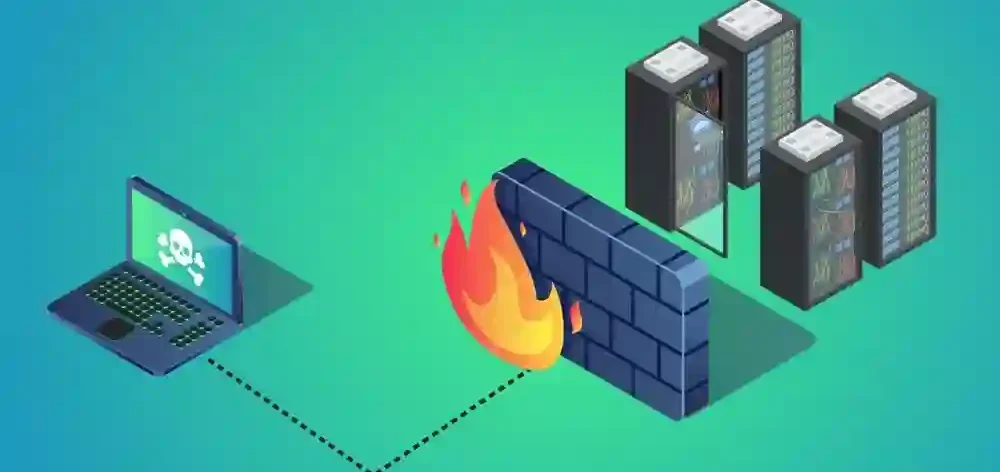Have you ever wondered how businesses safeguard their sensitive data and ensure smooth operations in the digital world? With the rise of cyber threats, protecting a company’s network is no longer a luxury—it’s a necessity. This is where a network firewall comes into play. A firewall acts as a security barrier, controlling what enters and goes out of a business’s network. However, with various options available, choosing the proper firewall can feel overwhelming. Let’s break down firewalls and explore how to find the perfect match for your business.
What Exactly Is a Firewall?
A firewall is like a security guard for your business’s network. It monitors and filters data traffic to ensure that harmful or unauthorized information doesn’t get through. Think of it as a checkpoint where all data entering or leaving is inspected for safety. Firewalls can come in different forms, such as hardware, software, or a combination. They work by following a set of rules designed to block malicious activities while allowing safe traffic to pass. Understanding this core function is the first step in deciding which firewall suits your needs.
Why Every Business Needs a Firewall
No business is immune to cyber threats, whether a small startup or a large corporation. Hackers and malware can target anyone, stealing data, disrupting operations, or even causing financial losses. A firewall acts as a shield, protecting sensitive information such as customer data, internal communications, and financial records. Beyond security, firewalls also help manage network traffic, ensuring better performance by prioritizing legitimate data. Businesses that invest in the right firewall often find peace of mind knowing their operations are secure and running smoothly.
Exploring the Different Types of Firewalls
Choosing the proper firewall starts with understanding the different types available. Here’s a breakdown:
Hardware Firewalls are physical devices installed between your internal network and the Internet. They are ideal for businesses needing to secure multiple devices.
Software Firewalls: Installed on individual devices, these are better suited for smaller businesses or specific security needs.
Cloud-Based Firewalls: These operate virtually, perfect for businesses with remote teams or those using cloud-based systems.
Each type has pros and cons; the best choice depends on your business size, structure, and security needs. For example, a hardware firewall may be ideal for larger networks, while a cloud-based solution offers scalability and flexibility.
Factors to Consider When Choosing a Firewall
Selecting the perfect firewall isn’t a one-size-fits-all process. Businesses should consider several factors:
Network Size and Complexity: An extensive network requires a robust hardware solution, while smaller setups do well with software firewalls.
Budget: Firewalls vary in cost, and it’s important to find one that is affordable while providing effective protection.
Features: Look for essential features like intrusion detection, VPN support, and advanced threat protection.
Ease of Use: A user-friendly interface is critical, especially for businesses without a dedicated IT team.
By evaluating these aspects, businesses can narrow their choices and find a firewall that meets their needs.
The Future of Network Security
As technology evolves, so do the methods cybercriminals use to infiltrate networks. Firewalls are continually advancing to keep up with these threats. Modern solutions include artificial intelligence and machine learning to detect and block real-time attacks. Businesses should stay proactive by regularly updating their security systems and considering future scalability. The right firewall not only protects your current network but also prepares you for the challenges of tomorrow.
Finding the right firewall doesn’t have to be a daunting task. By understanding the basics and considering your business’s unique needs, you can make an informed decision. A network firewall is more than a protective tool—it’s a vital part of any business’s security and success. Stay protected, stay prepared, and ensure your business thrives in a safe digital environment.





